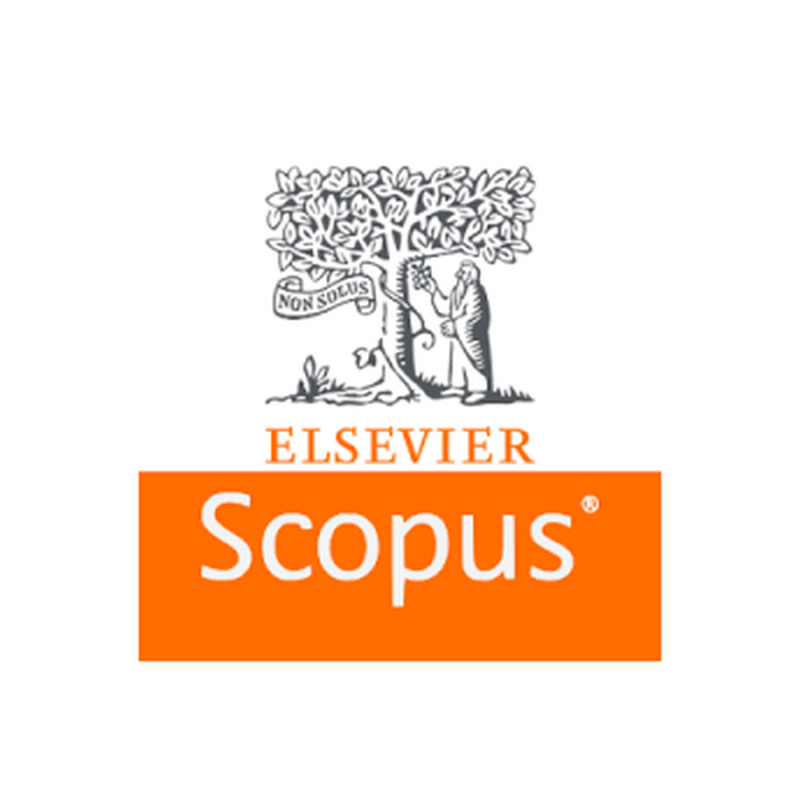Heavy and Toxic Metals in Soils of Selected Areas in Erbil City, Iraq
Abstract
The presence of heavy metals in soils and sediments can potentially pose a toxic threat to ecosystems, and possibly impacts the human health through the food chain. The soils present in the study area) Erbil City (, both natural and imported, will be subjected to anthropogenic input and the influence of waste generated in these locations, thereby resulting in potential environmental and health concerns. Erbil City, the administrative center of the Kurdistan region of Iraq is situated in northern Iraq. This heavily populated urban city exhibits a high level of activities with regards to the presence of manufacturing plants, medical institutions, automobiles, industrial infrastructures, industrial emissions, vehicle cleaning establishments, and accumulation of waste containers. The study aims to elucidate the specific areas where the input of heavy metal pollutants from human activities are expected to significantly contribute in a localized pollution. A comprehensive analysis is conducted to a total of sixty-five soil samples collected from various locations within the busiest urban areas of Erbil City. The primary objective of this study is to investigate the potential presence of heavy and toxic metals, thereby assessing the extent of contamination in the region. To achieve this, a thorough examination is carried out for twenty-five different elements of the collected soil samples. When comparing to international standards, it is observed that the overall pollution levels do not exceed the permissible pollution concentration levels, except for certain specific localities.



